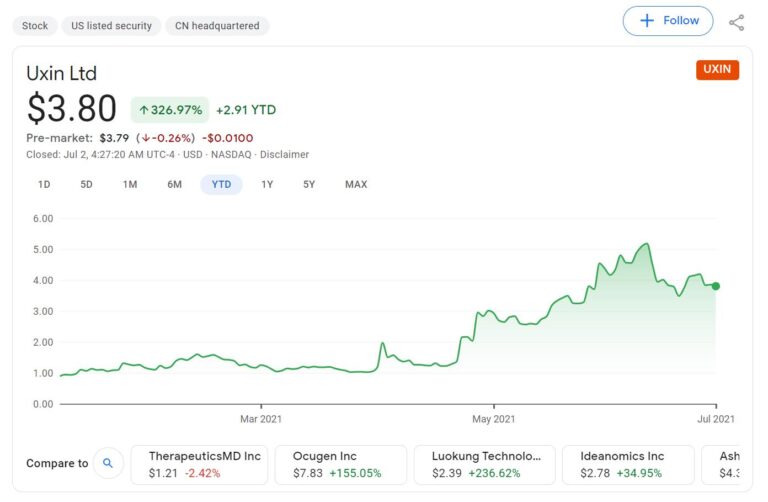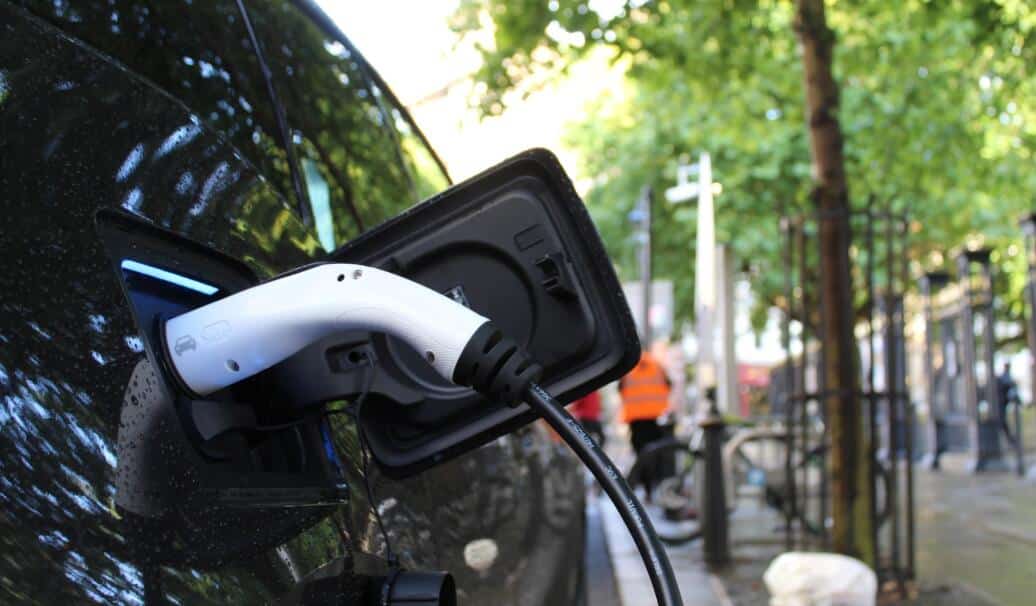As China's new energy vehicle industry grows rapidly, players are accelerating their financing to add ammunition for future growth.
Over the past decade, there have been 897 investment and financing events for Chinese new energy vehicle brands, amounting to RMB 384.11 billion ($59.2 billion), according to data provider Qichacha.
The industry was in its infancy before 2014 and entered a period of rapid development in 2015, with a significant increase in financing activity and funding amounts.
The financing size of the new energy vehicle industry peaked in 2018 and entered a period of adjustment in 2019.
In 2020, sales of new energy vehicle companies increase month by month and their stocks surge, fueling record high financing amounts for new energy vehicle companies.
The amount of financing for the new energy vehicle industry rose 159.4 percent year-on-year to RMB 129.21 billion in 2020, the first time in nearly a decade that it exceeded RMB 100 billion.
So far in 2021, the new energy vehicle industry has once again reached an unprecedented level of fervor after Baidu announced its entry into car manufacturing, Evergrande Group issued additional new shares, and Xiaomi and Qihoo 360 announced their entry into the auto industry.
By the end of February, 13 more investment and financing events took place in China's new energy vehicle sector, including well-known brands such as BYD, Evergrande Auto, Leap Motor, Hycan, and Faraday Future, according to Qichacha.
On June 23, Xpeng Motors passed the listing hearing of the Hong Kong Stock Exchange, becoming the first Chinese company to make a dual primary listing in New York and Hong Kong this year. Xpeng raised up to $2 billion this time.
In addition to Xpeng, Nio and Li Auto have also been reported to have approached investment banks to prepare for their return to Hong Kong for listing.
Reuters reported in March that Nio had contacted Credit Suisse and Morgan Stanley to offer 5 percent of its total share capital in Hong Kong, and Nio was said to be in line for an A-share listing.
Li Auto is reportedly working with Goldman Sachs and UBS and expects to complete a Hong Kong listing in the third quarter to raise $1 billion to $2 billion.
William Li, founder, chairman and CEO of Nio, was recently quoted by Securities Daily as saying that the real competition in the smart electric vehicle industry has not yet begun, and for that reason there is still a need to raise enough capital to lay the groundwork for future competition.
"In 2023, we will have the first big showdown," Securities Daily quoted an unnamed new car maker source as saying, "What our company is doing now is stockpiling the war chests."
He added that capital will flow into the industry's leading companies as investors are attracted by high growth rates. As the weak get weaker and the strong get stronger, the new energy vehicle industry will see a deep reshuffle.
Asked about rumors of a secondary listing in an interview with Chinese media in late May, Li Auto CEO Li Xiang said more money is better for the company, as new players such as Tesla, Xiaomi and Baidu, as well as traditional car companies, are well-funded.
He said Li Auto doesn't mind getting its capital reserves in any kind of way, including financing from the secondary market, bank loans and debt issuance.

